Find out about the health benefits that mint leaves offer. It may also alleviate nausea and assist reduce inflammation. It may help improve digestion. In this article, you will gain an understanding of 10 surprising mint leaves health benefits associated with.
It is believed that mint originated in the Mediterranean region; nevertheless, today you can find mint grown in almost every corner of the world. This plant has been utilized in the practice of conventional medicine all the way back to ancient Greece.
This aromatic herb is well-known for its crispness, and for good reason. It is an excellent source of antioxidants known as polyphenols and possesses exceptional therapeutic qualities. As a result, even since ancient times, people all over the world have enjoyed using a variety of mints of their own choosing.
Table of Contents
What are the Nutrients Found in Mint Leaves?
The leaves of mint are an excellent source of a number of essential vitamins and minerals, including vitamins A and C, as well as manganese and iron. They also contain trace levels of other nutrients, such as calcium, copper, and magnesium, but in much lower concentrations.
Additionally, it contains a high volume of anti-inflammatory and antioxidant components. The menthol and phytonutrient content of mint leaves is very high. It can be obtained in a wide variety of forms and is exceptionally beneficial to one’s health.
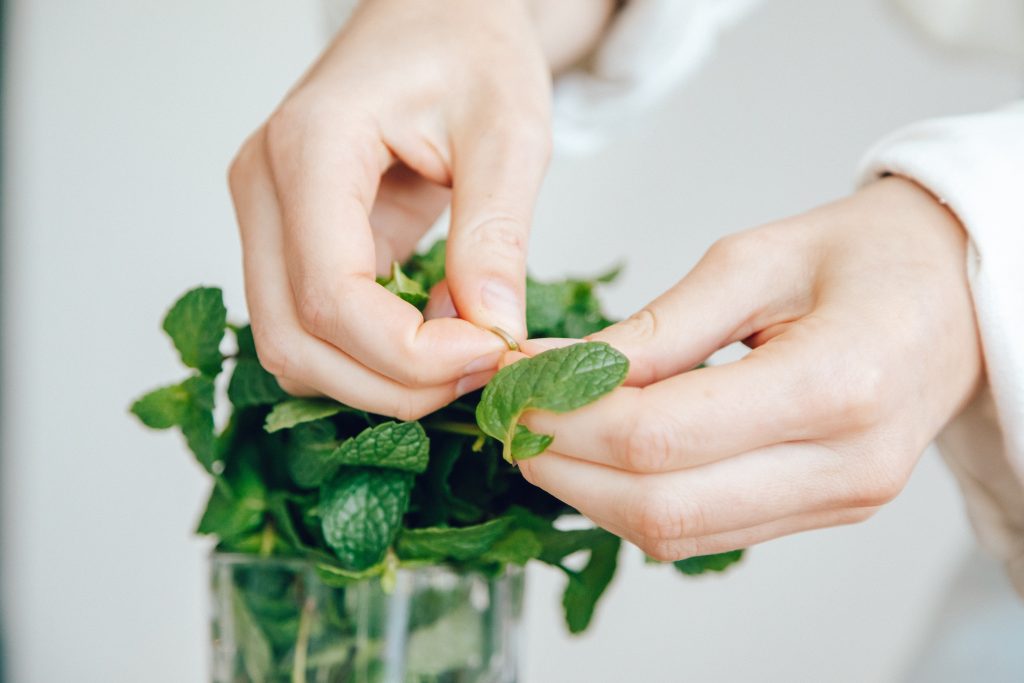
Because mint leaves contain so many important nutrients, they are frequently employed in culinary applications, such as flavoring food or beverages like teas and other liquids. Additionally, mint oil is utilized in a number of beauty goods and functions effectively as a natural pesticide.
Let’s have a look at some of the significant positive effects that regular use of mint leaves has on one’s health.
The Health Benefits of Mint Leaves
1. The leaves of mint can be used to treat asthma.
Patients suffering from asthma should consider consuming mint leaves. Because it is an effective relaxant and clears up chest congestion at the same time. Because they have a calming effect, the leaves of mint can make it simpler for people who suffer from asthma to breathe.
It’s common knowledge that mint can help clear up a stuffy nose. Because it has menthol in it, it can make breathing a lot less difficult. In addition to this, it calms the irritation that is brought on by an ongoing cough.
2. The use of mint leaves to treat headaches
It is well known that the leaves of mint can provide relief from headaches. People have relied on mint leaves for the treatment of headaches for many millennia.
Headaches can be alleviated by mint leaves.
The menthol in mint leaves has been shown to help relax muscles and lessen the sensation of discomfort. It has a calming and rejuvenating effect, which might be beneficial in the treatment of headaches. There are a variety of applications for mint leaves, including the following examples:
- preparing a mint tea by steeping mint leaves in water that has been brought to a boil.
- A cold compress will benefit from the addition of mint leaves.
- Applying mint leaves to the forehead and massaging them in.
When applied to the forehead, mint juice has the ability to provide relief from headaches. Additionally, balms with a mint base, as well as mint oil, might be helpful in the treatment of headaches.
3. Mint leaves can reduce feelings of anxiety and melancholy.
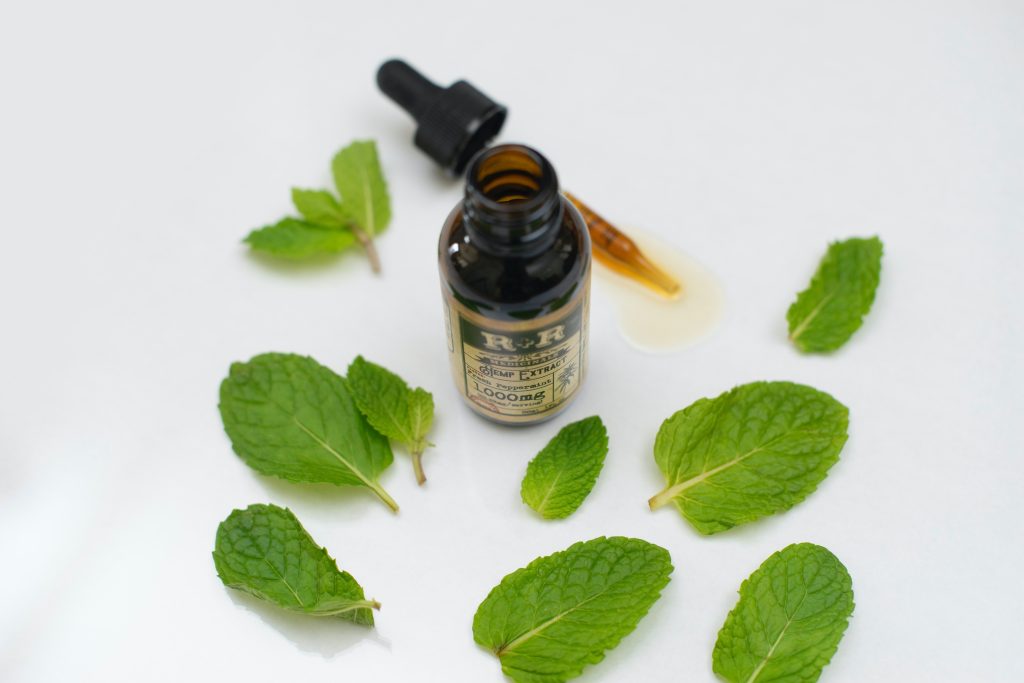
The use of mint in aromatherapy is absolutely necessary. Relaxation and mental rejuvenation may result from inhaling this essential oil’s powerful and stimulating scent. When you breathe in the scent of mint, you immediately feel your mental state improve.
Add some mint to your tea, put some mint extract in a vaporizer, or take a mint bath if you want some immediate relief from stress and despair.
4. Eating mint leaves can help strengthen your immune system.
The benefits of mint leaves for the immune system include the fact that they are rich in vitamins and antioxidants, both of which serve to increase one’s resistance to illness. These vitamins derived from plants contribute to the defense of your body’s cells. Because they inhibit the activity of specific enzymes, mint leaves can also prevent the development of cancers.
5. It promotes the health of your skin.
Because they contain antioxidants, mint leaves can help you achieve clearer, more youthful skin by ridding your body of the damaging effects of free radicals. There are more ways in which mint promotes healthy skin.
It eliminates dead skin cells while also assisting the skin in holding onto its natural moisture. In addition to this, it removes debris from the pores of the skin, giving the appearance of radiant and toned skin.
In addition, mint possesses qualities that assist treat acne and pimples on the skin. These properties include anti-inflammatory and anti-bacterial.
6. The use of mint can improve oral health.
The use of mint leaves can improve one’s oral health.
Chewing on mint leaves is a fantastic approach to improving both your oral hygiene and dental health, which may come as a surprise to you. Mint is a common ingredient in modern toothpaste, which is why many manufacturers include it in their products. As a result of the anti-bacterial and anti-inflammatory characteristics that mint leaves possess, these leaves can help protect teeth and gums.
The volatile oils that are included in mint are what give it its ability to freshen breath. Additionally, utilizing a mouthwash that contains peppermint oil can assist in the elimination of microorganisms found in the oral cavity. Which ultimately results in healthy gums and teeth for you.
7. Memory is something that can be helped by mint leaves.
According to studies conducted in 2018, spearmint was found to improve working memory in both older men and women who suffered from age-related memory loss.
Memory can be improved by mint, and it can also help restore cognitive function in the brain. Regular use of mint can enhance brain capacity by enhancing a variety of cognitive functions, including alertness, memory recall, and other mental processes.
8. Relieves Nausea.
Nausea and vomiting are common symptoms of morning sickness can be effectively treated with mint. The aroma and flavor of mint have been shown to help settle an upset stomach and reduce feelings of sickness. It is possible to consume fresh mint leaves, mint leaves made into tea, or mint leaves in capsule form.
The sick feeling can be avoided by eating a few mint leaves or even smelling them first thing in the morning. This is especially helpful for pregnant ladies.
9. Mint leaves aid digestion.
Indigestion has long been treated with mint leaves, and this practice continues today. In addition to phytonutrients and antioxidants, It Mint also contains menthol. Scientists believe they ease digestion by reducing tension in the digestive tract. The leaves of mint are an excellent source of fiber, which can aid with weight loss by keeping you feeling fuller for extended periods of time.
If you use mint oil, you may expect to experience the potent anti-bacterial and antiseptic benefits of this substance. That eases abdominal discomfort and aids in neutralizing stomach acid and wind.
10. It helps people lose weight.
This is the most significant advantage that comes from eating mint leaves. Did you know that eating foods with these ingredients can help you lose weight in addition to adding flavor to the food you eat? Both reducing the amount of food you want to eat and speeding up your metabolism are two benefits of eating mint leaves.
If you want to reduce the amount of weight you carry, including mint leaves in your diet is an excellent approach to accomplish this goal. The metabolism can be stimulated by mint leaves, which also help with weight loss.
Consuming it on a consistent basis is necessary if you want to get all of its many benefits.
How Should Mint Leaves Be Used?
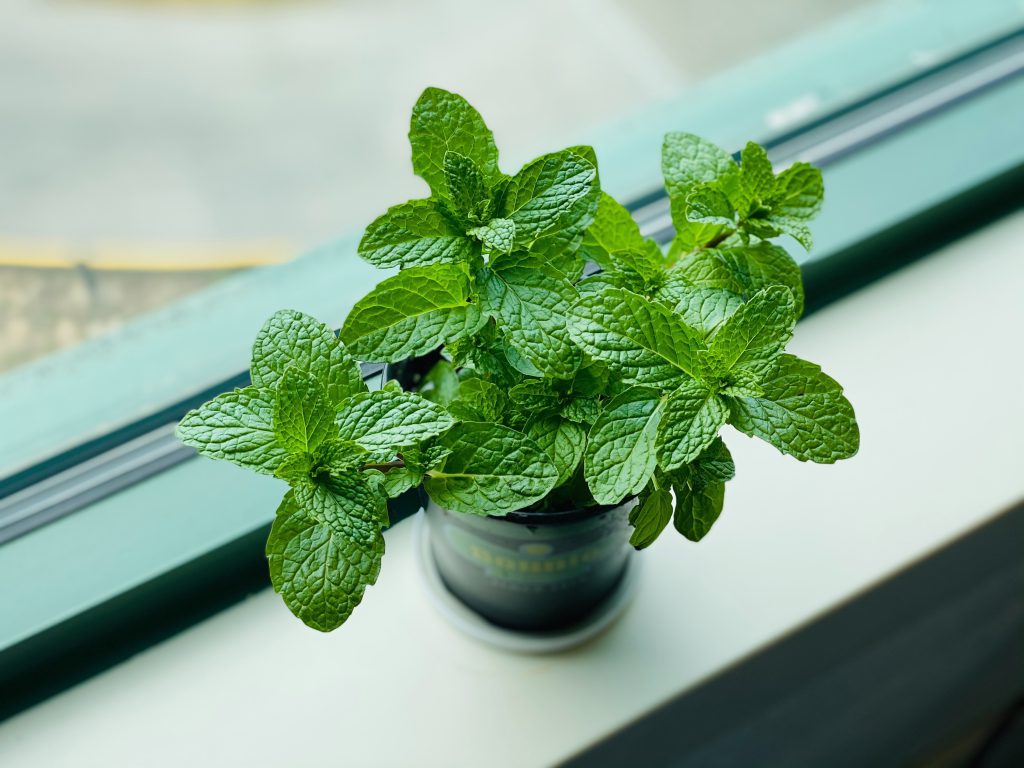
It is quite simple to include in your daily eating routine. You may enhance the flavor of salads, smoothies, and drinks by including fresh mint leaves. Another way to prepare mint tea is to simmer fresh mint leaves in boiling water for a few minutes.
If you don’t like drinking hot water, you can make yourself an iced mint drink instead.
After giving the stalks of mint a good cleaning, insert them, together with the leaves, into a bottle of water. The next step is to place them in the refrigerator and wait at least an hour after doing so. Your water with mint-infused will be ready shortly. After that, you can make a revitalizing beverage by mixing it with freshly squeezed lemon juice.
Conclusion Regarding the Mint Leaves Health Benefits
Not only can mint leaves lend a delightful flavor to a wide variety of recipes, but they are also associated with a number of positive health effects. It may also alleviate nausea and assist reduce inflammation. It may help improve digestion. The leaves of mint include a variety of vitamins and antioxidants that can help strengthen your immune system.
It’s been shown that eating mint leaves can be a natural approach to promoting health, so if that’s something you’re looking for, keep that in mind. You are welcome to contribute your thoughts in the comment box that can be found below.
Questions & Answers Concerning the Application of Mint Leaves
In what ways are the leaves of mint beneficial?
The capacity of mint leaves to promote digestion, calm an upset stomach, and ease nausea is just one of the ways in which these leaves can be beneficial. In addition, the leaves of mint can be used to break up congestion and reduce the symptoms of respiratory issues.
Is it healthy to consume mint leaves on a daily basis?
The use of mint leaves on a consistent basis is contingent on the preferences of the individual as well as their current state of health. The digestive and respiratory conditions of the animals can be greatly improved with the application of mint leaves. When consumed on a regular basis, mint leaves have the ability to alleviate feelings of nausea.
Is it possible to make a drink by boiling mint leaves?
Tea made from fresh mint leaves can, in fact, be prepared by boiling the leaves. To further improve the flavor of the tea, you can mix in some lemon juice and honey.
Is it okay to chew on mint leaves?
Yes, you can chew mint leaves. It leaves a pleasant aftertaste in your mouth. The anti-bacterial and anti-inflammatory characteristics of mint leaves contribute to the overall health of your teeth and gums, making mint leaves an excellent choice for dental care.
Does mint promote better dental health?
It’s a terrific approach to boost your oral hygiene and dental health to chew on some fresh mint leaves. In addition to that, it provides clean breath. The antibacterial properties of mint contribute to the preservation of dental health.
You can also check out our Facebook and YouTube Pages for more amazing plants and their benefits.
Other Resources:

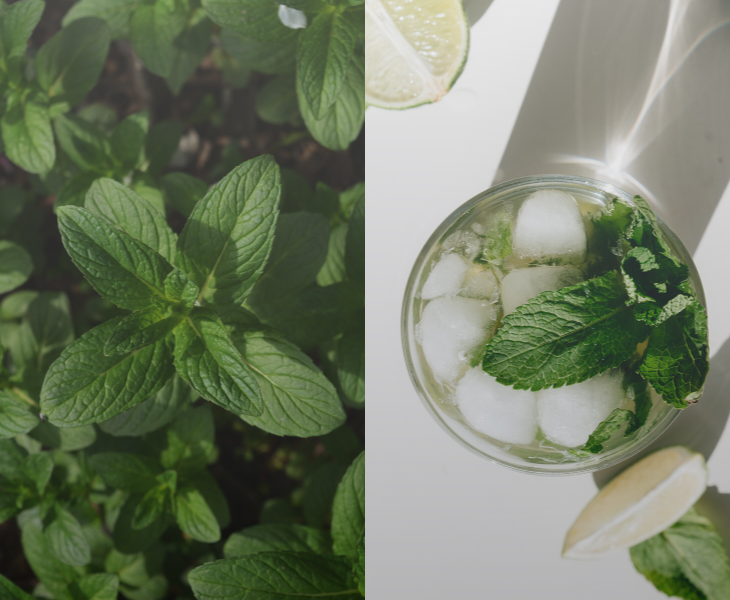
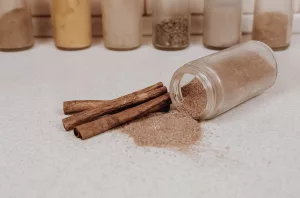






3 thoughts on “Mint Leaves Health Benefits You Should Know About”